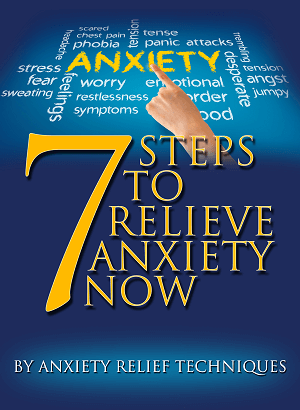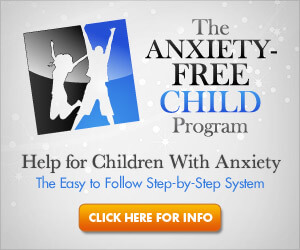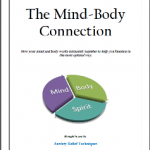It is not uncommon for a child to feel separation anxiety when they are not with their parents. As a small child, being left with another person can create anxiety. Once the child has come to the realization that the parent will return the separation anxiety becomes less and less.
Sometimes, for a variety of different reasons, a child develops a separation anxiety disorder. When the parent leaves the child with another caregiver the child becomes very anxious and is inconsolable. The child remains fearful and distraught until the parent or another trusted person comes to their rescue.
Separation anxiety disorders are a real problem for some children and if they are not addressed at a young age can become life long issues which will prevent normal functioning. Anxiety in children should not be dismissed.
Separation Anxiety Disorders in Children Symptoms
Along with the anxiety and fearfulness that is displayed with the separation there are several other symptoms of Separation Anxiety Disorders. Children who have this disorder also often have frequent nightmares involving separation, sadness and depression. This type of disorder is usually more common in girls than in boys and can lead to extreme fears of death or dying of the family members or the youth themselves.
Treatments For Children With Separation Anxiety Disorders

Subscribe to Receive This Free Guide!
Receive my newsletter with my own anxiety relief tips and instant access to this eBook as a gift! I've learned how to manage my own anxiety issues...and I share what I do in my newsletter! I hope you'll join me!
We take your privacy seriously and we do not spam! You can unsubscribe at anytime! See our privacy policy here.
First and foremost the safest is always natural, so you may like to try a natural treatment for anxiety in children. There are several effective ways to treat children with Separation Anxiety Disorder. One hope is that the child will outgrow the disorder with age and other interests. While this may occur there is a risk in allowing the disorder to go untreated based on hope. If the child does not outgrow the disorder precious time will have been wasted and the disorder may have become more of a problem.
One of the easiest ways to treat Separation Anxiety Disorders is for the child to start counseling and therapy. It may take only a small amount of counseling from a psychologist or psychiatrist to help the child deal with the separation anxiety and be able to function normally.
Sometimes with severe Separation Anxiety Disorders the physician will prescribe an medication. There is some controversy about the use of psychological prescription medications for children but for a very severe disorder this may be the best treatment. Many times the child will only need the medications for a short period of time until the disorder can be brought under control.
It is important for the parents to discuss all the options with the physician and get as much information about treatments before making a decision regarding the best course of treatment. One thing for the child and the parent to know is that there is a high rate of remission with Separation Anxiety Disorder as the child ages and becomes more confident and in control.
Anxiety Therapy
If you are concerned about the thought of medication for your child then finding therapy for your child is important. There is help available so do not think medication is your only choice. Natural anxiety treatments have proven to be extremely effective.
Affiliate Disclosure
My website contains affiliate links, which means if you purchase any products mentioned in my articles, I may receive a commission. If you do, thank you!








Speak Your Mind